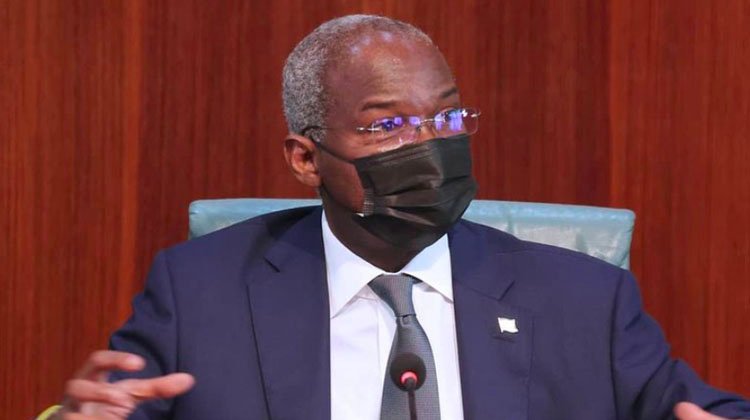
In his speech at the 6th edition of the Gabfest, an annual programme of the minister, Fashola also pointed out that state governors were responsible for the security of citizens in their states alongside the Federal Government.
He said, “I do not know how many recall the contents of my speech about how I tried to show how more important the governor of my state is to my development than the President of Nigeria.
“For example, I pointed out that there is nowhere in the constitution that security is listed as the responsibility of the Federal Government or President alone.
“In the second schedule of the constitution where the responsibility of the Federal Government is set only, you will see responsibility for the police, the armed forces etc, which are law enforcement agencies; but you will not see the word ‘security’.”
He added, “If you take a narrow view of what security entails, you might be tempted to conclude that this is only a federal affair.
“But if you understand that these, agencies except for the deterrence that they may offer, usually arrive when there is a breach of security.”
The minister stated that security was an all-government affair.
“This is supported by section 14 2(b) of the constitution where the word ‘security’ is used. It provides that: ‘(b) the security and welfare of the people shall be the primary purpose of government,” Fashola stated.
He added, “It does not say which government and my view is that it is every government; local, state and federal.”
He said security, therefore, involved more than the deployment of armed personnel.
“It is the effective deployment of socio-economic resources to create a state of harmony,” the minister stated.
He added, “Breaches of security have evolved from conflicts over land, for which the Federal Government has no responsibility or control, to conflict over natural resources over which the Federal Government has responsibility and control.
“Governors have as much a responsibility to keep us safe. It starts in my view with how they oversee the development of the human capital. This is less of a federal responsibility and more of state because people live in states.”





